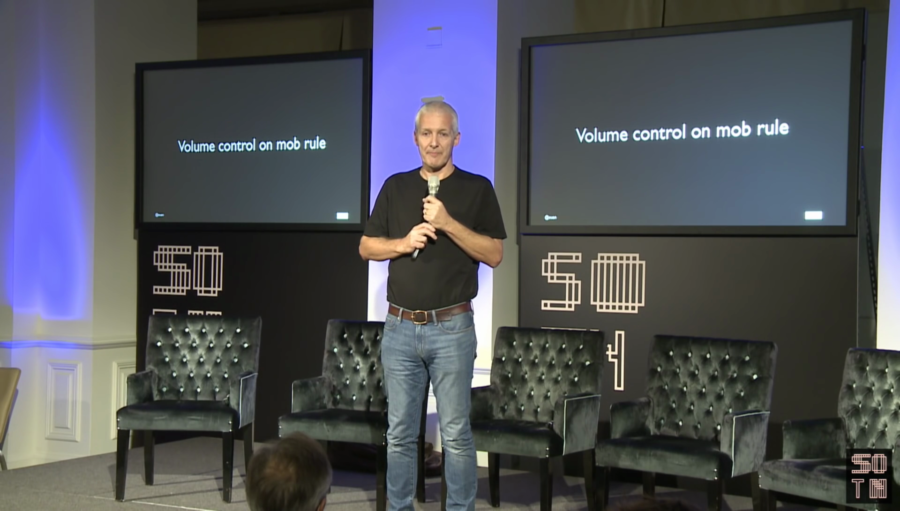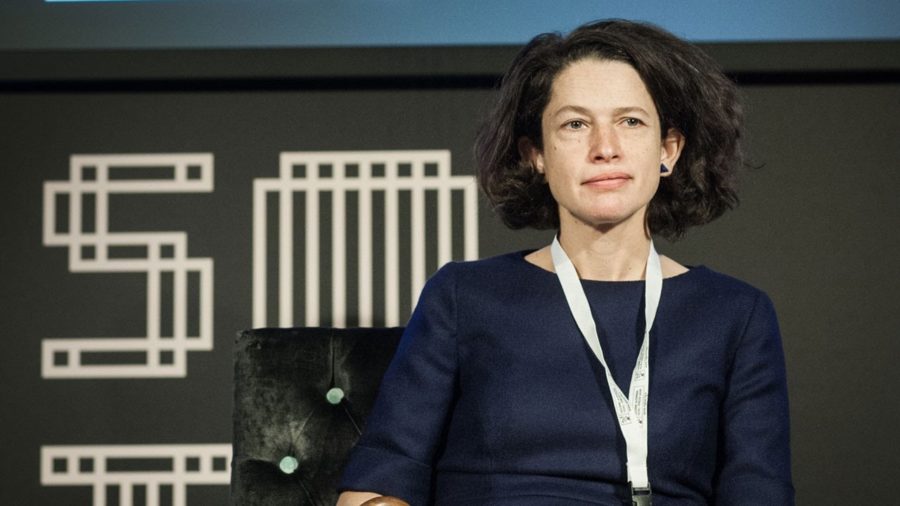I think we are groping towards this idea of truth. And even the word truth can be defined in multiple different ways. So we are by its very nature dealing with a very slippery topic.
State of the Net 2016

Building Your Own Personal Truth
presented by Euan Semple

Is Digital Culture Responsible for Post-Truth Politics?
presented by Eliane Glaser
I’m going to argue today that even while we know post-truth politics is having a terrible effect on our political culture and our role as citizens, it’s curiously difficult to combat it because of a set of beliefs about what politics is, and about the Internet and the way it enables ordinary people to have a voice. And these beliefs intersect with a prevailing anti-intellectual anti-elitism which associates knowledge, discernment, and truth with snobbery and power.
